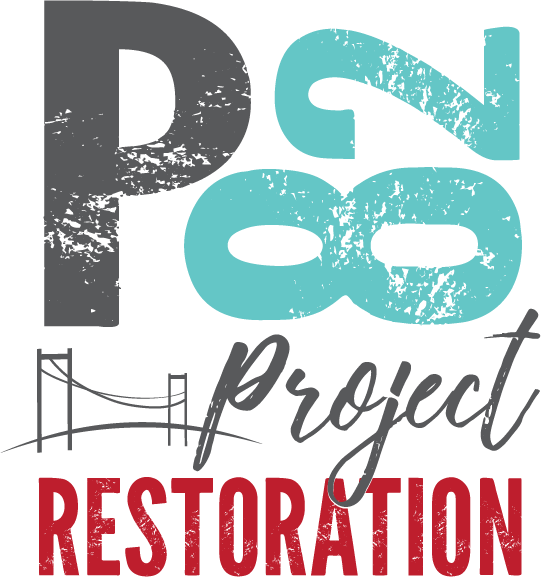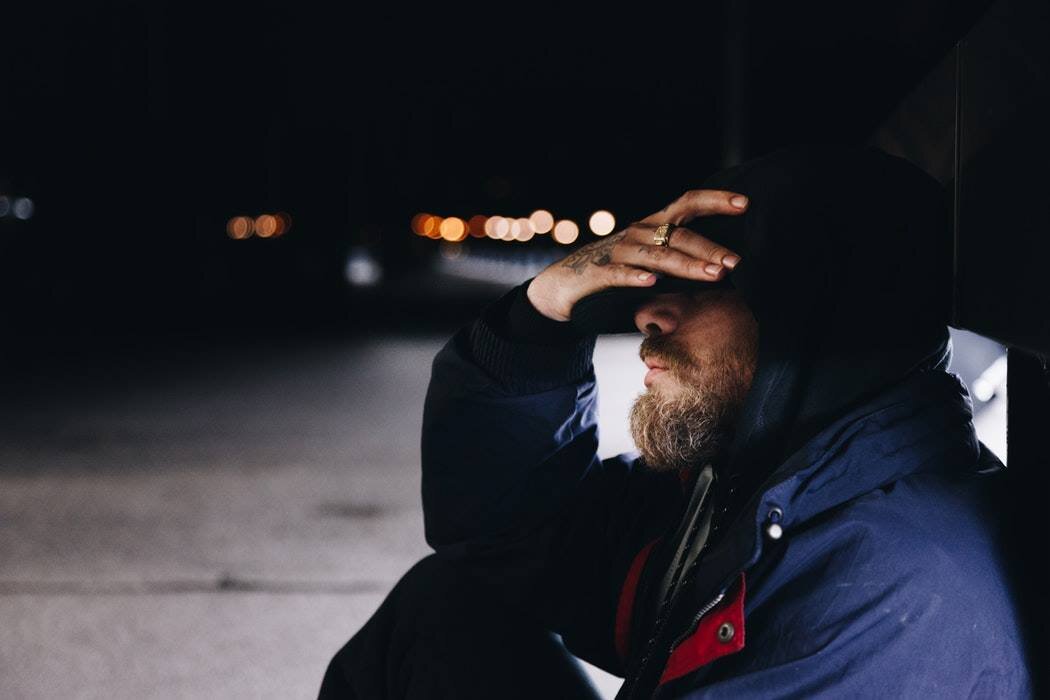As the Fourth of July weekend draws near in this unsettling time, I am engulfed in a wide range of emotions. I don’t need to name all of the difficult circumstances we have faced as a nation these past few months, we are all experiencing pain from one degree to another. We have all been challenged to revisit our nation’s history of late and ask ourselves, “How did we get here?” The answers to this question vary extensively and tend to split along political lines. I’m not going to attempt to even dip my toes into these tumultuous waters here. However, as someone who has been looking at the unjust, systemic issues that have effected those touched by serious mental illness in our nation for over a decade, I would like to give voice to this matter despite my fear of adding strain to the uproar.
The overwhelming, and appropriate, focus on the needs of businesses, non profits, the health care industry, minorities, criminal justice systems, police, schools, the economy and the elderly during this time of unrest can tempt me to despair. I have to push away the urge to hide under a blanket, lamenting and wondering if anyone, anywhere will bring the needs of our nation’s throw-away mentally ill to the forefront? Is there any will, moral courage, or funding left to make the necessary changes that will bring hope and healing to our modern day lepers who have been cast aside to the streets and prisons? Or should we just come to terms with the idea that they will always be fed the dregs and continue to scrape the bottom of the safety net barrels?
Approximately 4.5% of the US population has a serious mental illness.
140,000 Homeless
392,000 In Jails and Prisons
*NIMH *Mental Illness Policy Org.
I don’t want to diminish the grievous issues we currently must address in our country. The focus is necessary. But I do want to give an honest voice to this matter and the reality of what families and individuals with more chronic forms of mental illness face on a daily basis and frankly, it’s discouraging. If this group is already at the lowest base, where do they go from here?
LOOKING BACK FIRST
In honor of our nation’s 244th birthday in a few short days, I want to mention some key milestones that have helped frame our current mental illness system in the United States. This is definitely not exhaustive, but for the sake of limited blog space and time, here is my brief attempt:
Benjamin Franklin, along with Dr. Thomas Bond, found Pennsylvania Hospital in 1751 “to care for the sick-poor and insane who were wandering the streets of Philadelphia.”
Dorothea Dix, an effective and passionate advocate for the mentally ill, testified before Congress about the need for asylums due to the inhumane conditions she witnessed in hospitals and jails in the mid1800’s. She established asylums in New Jersey, North Carolina and Illinois.
Chlorpromazine, or Thorazine, was developed in 1951 and offered the promise of some relief from the suffering associated with Schizophrenia. For the first time, there was a glimmer of hope that individuals could live outside of institutionalized settings.
One Flew Over the Cuckoo’s Nest by Ken Kesey is published in 1962. This novel highlighted the challenges and horrific conditions of some of our American psychiatric institutions.
Halloween, 1963 President John F. Kennedy signs the Community Mental Health Act into law. The intention was to move people with mental illness out of institutions and into community settings. Funding and oversight was supposed to follow this plan. In reality, an offloading of responsibility between the Federal Government and the States took place over the course of the next five decades in a ghastly game of hot potato.
During the early 1960’s the Civil Rights Movement was in full swing. Simultaneously, and somewhat under the radar, the plight of the seriously mentally ill is caught up in the tension and the idea that people have the “right” to be mentally ill takes root. The release of One Flew Over the Cuckoo’s Nest, now a movie in 1975, cements this philosophy.
The IMD Exclusion is a rule that went into place when Medicaid became law in 1965. Under this rule, medicaid reimbursement is prohibited for psychiatric patients in a treatment facility with more than 16 beds.
In 1999, the Supreme Court rules “that unjustified segregation of persons with disabilities constitutes discrimination in violation of title II of the Americans with Disabilities Act” in the Olmstead Decision. Well intentioned and so needed for individuals who are able to live in more independent settings. Devastating for people with more chronic forms of mental illness.
With the ever expanding DSM, Diagnostic and Statistical Manual of Mental Disorders, the definition of what constitutes a mental health condition continues to broaden. Insurance companies, providers, and mental health organizations increasingly focus on what has been coined “the worried well” to the detriment of individuals with more serious needs.
FOR EVERYTHING THERE IS A SEASON
So, where to we go from here? The way I see it, we can give in to despair or we can roll up our sleeves and get about the business of building. Most of us will never testify before Congress or write best selling novels, but we can begin to build by seeing people who suffer with serious mental illnesses as fellow image bearers. We can show compassion and listen to families who struggle in our communities. We can begin to build by refusing to view this category of people as “less than” and unworthy of our audacious efforts to offer a helping hand and implement significant policy change.
We can start to build by highlighting the work that is being done right in our own communities. In Arizona, ACMI is a new organization focused on filling the gaps in the continuum of care for those with more chronic forms of mental illness. As I type these words, they are championing efforts to bring a new level of care to our state, a Secured Residential Treatment Facility for those who continue to fail in other community settings. We can support organizations like this, and there aren’t many, who are focused on helping the seriously mentally ill.
Here at P82 Project Restoration, we will always be about helping individuals and families struggling against mental illness. We do this through ongoing Caregiver Support and Crisis Care Training for local churches to learn how to come along side of families at risk in their congregations with hope and confidence. We do this through engagement with local advocates and leaders to bring about necessary reform. And one day soon, we will push forward with our efforts to open a home. Consider how you can build with us. Perhaps you can’t physically get in the trenches, but you can give. Maybe you cannot give, but you can pray. Whatever your part may be, let’s refuse to give in to despair. Let’s see this moment as an opportunity for justice and healing. We don’t control the seasons, but we can be faithful in them and trust the One whose heart is for the people on the margins of our society.
For everything there is a season, and a time for every matter under heaven: a time to be born, and a time to die; a time to plant, and a time to pluck up what is planted; a time to kill, and a time to heal; a time to break down, and a time to build up; a time to weep, and a time to laugh; a time to mourn, and a time to dance; a time to cast away stones, and a time to gather stones together; a time to embrace, and a time to refrain from embracing; a time to seek, and a time to lose; a time to keep, and a time to cast away; a time to tear, and a time to sew; a time to keep silence, and a time to speak; a time to love, and a time to hate; a time for war, and a time for peace.
– Ecclesiastes 3:1-8
*Recommended reading: “American Psychosis: How the Federal Government Destroyed the Mental Illness Treatment System,” by E. Fuller Torrey, M.D.



